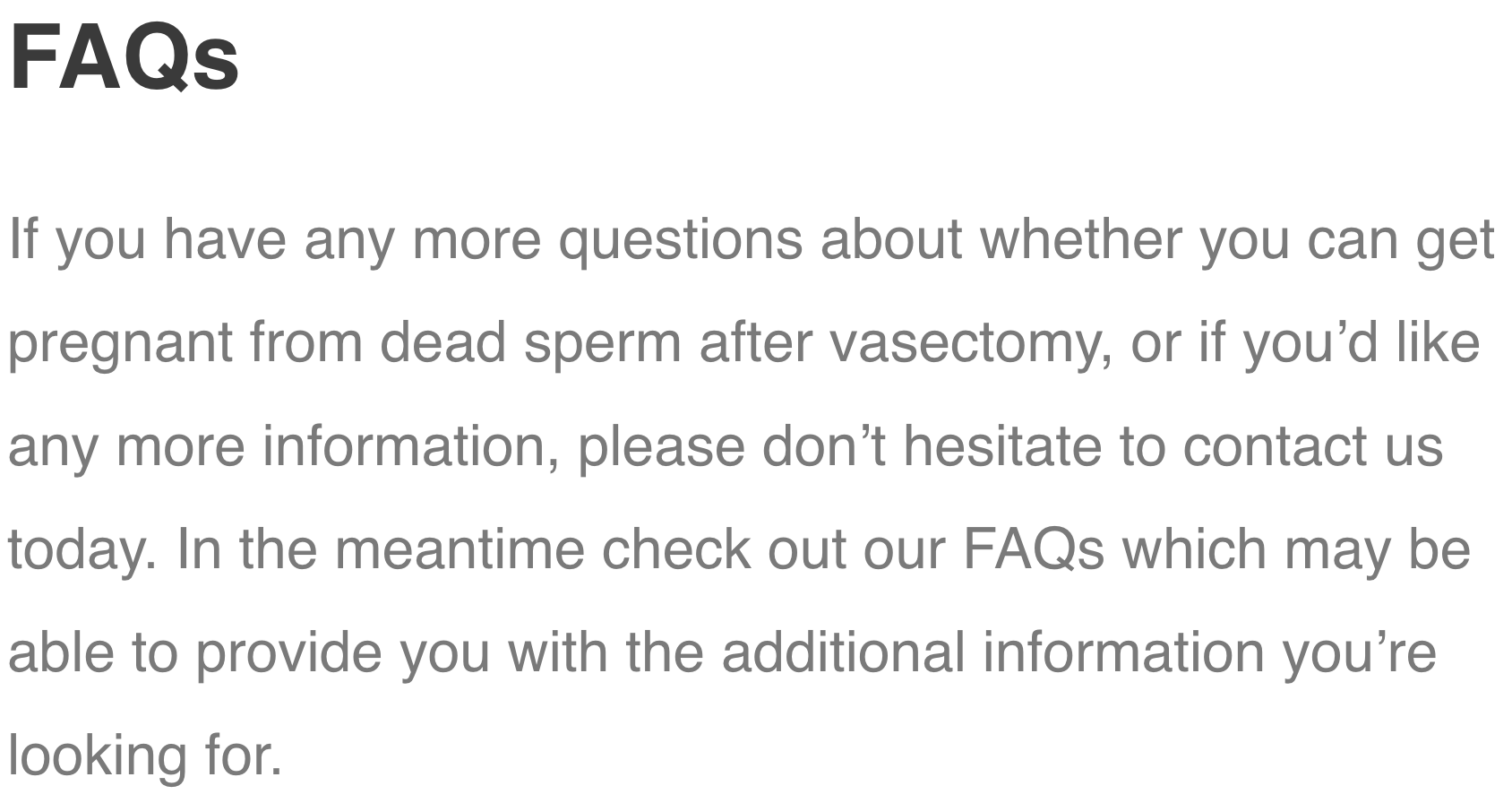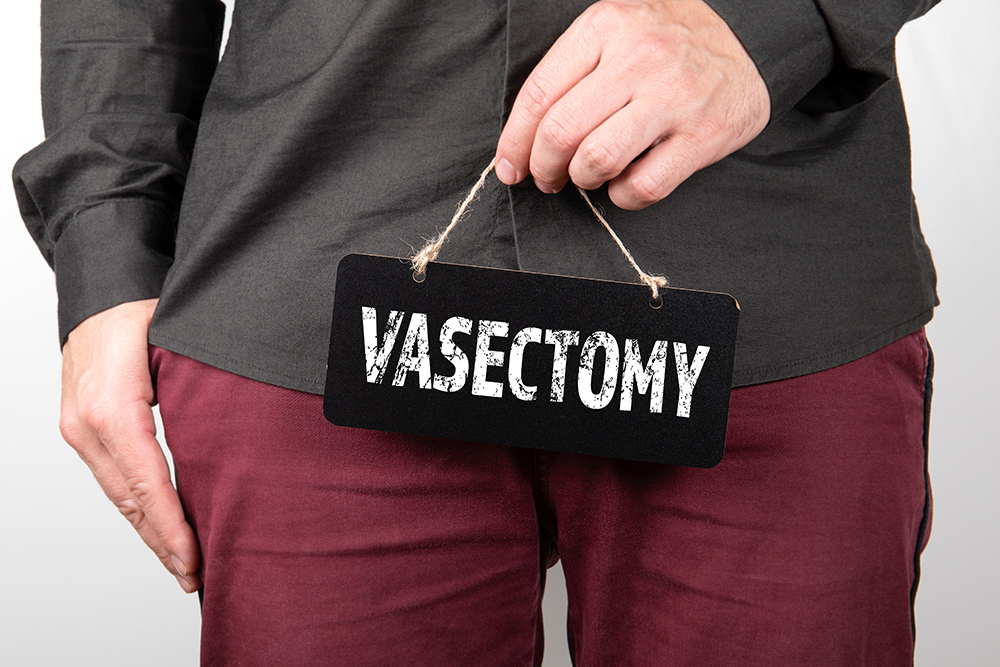Table of Contents
Understanding Contraceptives
Contraceptives play a crucial role in family planning and preventing unintended pregnancies. Understanding the various contraceptive methods is essential for making informed choices about sexual health. In this latest blog post ‘Contraceptives: Facts And Myths Revealed’ we discuss what’s fact and what’s fiction when it comes to birth control.
What Are Contraceptives?
Contraceptives, commonly referred to as birth control, are methods or devices used to prevent pregnancy. These methods work in various ways, such as preventing sperm from reaching the egg or altering the menstrual cycle. Understanding contraceptive options is vital for individuals and couples to make informed decisions about their sexual and reproductive health.
Types of Contraceptives
Contraceptive methods vary widely, each designed to cater to different health needs, lifestyle choices, and personal preferences. Understanding these options is crucial in making an informed decision about which method or combination of methods works best for an individual or couple
Short-term Contraceptive Options
- Oral contraceptive pills (birth control pills)
- Barrier methods (e.g. condoms)
- Emergency contraception
- Fertility awareness-based methods
Long-term Contraceptive Options
- Vasectomy
- Tubal ligation
- Intrauterine devices (IUDs)
- Contraceptive implants
- Contraceptive injections

Debunking Common Myths
Misconceptions about contraceptives are widespread. Debunking these myths is crucial for understanding the effectiveness and safety of various contraceptive methods.
Myth 1: Contraceptives Are Always 100% Effective
No contraceptive method is 100% effective in preventing pregnancy. While methods like the combined pill and IUDs have high efficacy rates when used correctly, their effectiveness can vary based on adherence, health conditions, and individual body responses. Vasectomies on the other hand have a 99.9% success rate.
Myth 2: Vasectomies Lead to Sexual Dysfunction
A prevalent myth among men is that a vasectomy can negatively affect sexual function. However, this is a misconception. While a vasectomy is a permanent form of contraception designed to prevent the release of sperm, it does not affect a man’s sexual drive, ability to have erections, or pleasure during sex.
Myth 3: Only Women Need to Worry About Contraception
Contraception is often viewed as solely a woman’s responsibility. However, it’s crucial for both partners to engage in discussions about preventing pregnancy and choosing the right contraceptive options. Methods like vasectomies offer a long-term solution for men, emphasising shared responsibility in family planning.
Surprising Facts About Contraceptives
Contraceptives aren’t just about preventing pregnancy; they play a broader role in sexual health and family planning, especially for men.
Fact 1: Contraceptives and Men’s Health
Contrary to popular belief, contraceptives have implications for men’s health too. Barrier methods like condoms are crucial in preventing sexually transmitted infections (STIs) alongside preventing unintended pregnancies. Additionally, understanding and supporting the use of contraceptives can foster better communication and shared responsibility in relationships, contributing to overall mental and emotional well-being.
Fact 2: Men’s Role in the Evolution of Contraception
Historically, contraception has not been solely the domain of women. Men have played a significant role, with the development of male contraceptives like condoms dating back hundreds of years. The involvement of men in family planning and contraceptive development underscores the shared responsibility in reproductive health and highlights the progress in male-focused contraceptive methods.
Fact 3: Impact of Contraceptives on Men’s Family Planning Decisions
Contraceptives, including vasectomies, significantly influence men’s family planning decisions. They provide men with control over their reproductive choices, allowing them to plan if and when they want to become fathers. This autonomy in decision-making is crucial for personal life planning and can have a profound impact on a man’s life trajectory, including his career, relationships, and personal goals.

Choosing the Right Contraceptive
Selecting the appropriate contraceptive method is a personal and sometimes complex decision. There are numerous factors to consider when choosing a contraceptive.
Factors to Consider
When choosing a contraceptive method, several factors should be considered, including personal health, lifestyle, convenience, and future family planning goals. For instance, some might prefer the convenience of an oral contraceptive pill, while others may opt for a long-term, hassle-free method like a vasectomy.
Consulting with Healthcare Providers
Consulting with a healthcare professional or a local community health service is essential when choosing a contraceptive method. A health practitioner can provide personalised advice based on your medical history, lifestyle, and reproductive goals. They can also guide you through the various contraceptive options available, helping you make an informed decision that best suits your needs.






Is a vasectomy the only permanent form of contraception for men?
Yes, a vasectomy is the only common permanent method of contraception for men, involving a minor surgical procedure to cut or seal the tubes that carry sperm. It’s highly effective, but it’s essential to consider it as a long-term decision in family planning.
What is the most effective form of contraception?
The most effective forms are long-acting reversible contraceptives like IUDs and implants, and permanent methods of contraception like vasectomy and tubal ligation. These methods significantly reduce the risk of unintended pregnancy compared to short-term methods like pills or condoms.
What should I think about when choosing contraception?
When selecting a contraception method, consider factors like lifestyle, health conditions, convenience, and future family planning goals. Discuss options with sexual health services or family planning clinics to understand the benefits and risks of each birth control method, ensuring a choice that aligns with your personal needs.
What is emergency contraception?
Emergency contraception is used to prevent unintended pregnancy after unprotected sex. Available as emergency contraceptive pills or a copper IUD, it’s a backup method of contraception, not for regular use. It’s most effective when used as soon as possible after unprotected intercourse.
























